The Culture of Enjoyment and the Flâneur
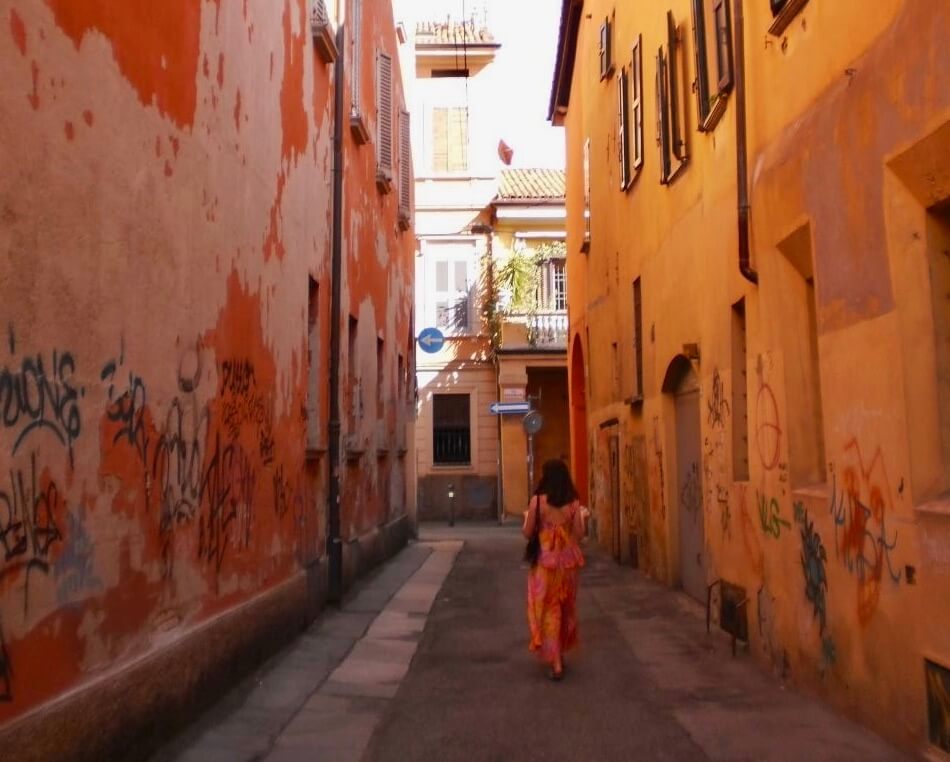
Italy— and much of Southern Europe— breeds the flâneur, makes an art of the aimless stroll. One can wander the streets with no destination and find purpose in the pace, in the eyes watching you watch.
It is so at odds with the Fordist, conveyor belt “walk with purpose” that was drilled into me in school. But Italy made an amateur flâneuse of me. When you live in an 18×18’ apartment, weaving your way through the alleyways and porticos in Bologna is necessary for one’s sanity, even if there is nothing more to the outing. Small private spaces mean people take to public spaces, blending boundaries between public and private spheres.

While traveling with my family, I was itching for a day that gave me more than 4,000 steps. When we arrived in Paris (do not bother driving a car into the city) I was practically frothing at the mouth. I was like a dog restrained by a taut leash, choking on its collar and still trying to run its paws in midair. The year before, I fell into the Parisian rhythm, the morning boulangerie stop, the mid-afternoon boulangerie stop, the evening— well the evening is for a restaurant and maybe a nightcap of creme brulee or chocolate mousse, but certainly just at a bistro or cafe.
I would sit on a bench overlooking the Seine with a crinkly paper bag protecting my quiche or pain au chocolat and then wander into the Sainte Chapelle or the Orangerie and despite the grayness of the cold and snow, I was incredibly content.

The first thing I did this year, after lugging the champagne we had stocked up on from Champagne to our apartment, was take a walk to Notre Dame. But as soon as my family joined me, I was met with their constant need for direction and destination. It’s kind of like the contrast between travelers and vacationers. I love being led or guided, but at the moment, it was a hold up that took too long for my liking. And this is where I am stunted as simply an amateur flâneuse: my need for speed.
I’m working on it.
The Italians and Spanish and French are lovers and lookers. They appreciate ambling under porticos, over cobblestones, and past gelaterias; breaks in plazas with the sound of classical guitar and gurgling fountains; strolls to the boulangerie. Everything has a touch of the flâneur, unrushed, savoring of the slowness.

There are pauses of life throughout the day with siestas in Spain and aperitivo in Italy. There is room for romance and community. The streets are communal gathering spaces, perfect for looking and catching up and running into friends, family, neighbors. It is relaxed and undone.
The piazza in front of a church becomes an outdoor theater in the summer where prosecco is spilled on church steps and groups gather on the fringes, still balancing on bikes to take a peek at the scene laid out before them. A quiet park cafe becomes a club at night. Universities leak into the streets at lunchtime, students laying on cobblestones with snacks, heads on friends’ laps, sunshine soaked up between centuries old buildings. Couples sit on low ledges below closed up shops and outside crowded wine bars, wine glasses in hand. Main streets shut down on weekends to allow the overflow of citizens convening in the center. Cities are built with the intention of life, which gladly takes place in the space made for it to be lived.

I witness this culture and community and want to be absorbed into one of the groups laughing and kissing and hugging and dancing. It is contagious and I strive for the life that takes place everyday on every corner, park bench, and balcony.
With the lack of culture and the capitalization of consumerism and exigency of working to survive, there is a lack of life. Everyday should be treated as a special occasion. Everyday deserves a glass of wine and a kiss from a lover. Everyday deserves a smile and diary entry. The simplicity of wandering and enjoying is an art I see in the elderly lady drinking wine at 11 a.m. at a streetside table in Barcelona or the father and daughter dancing to a street musician.

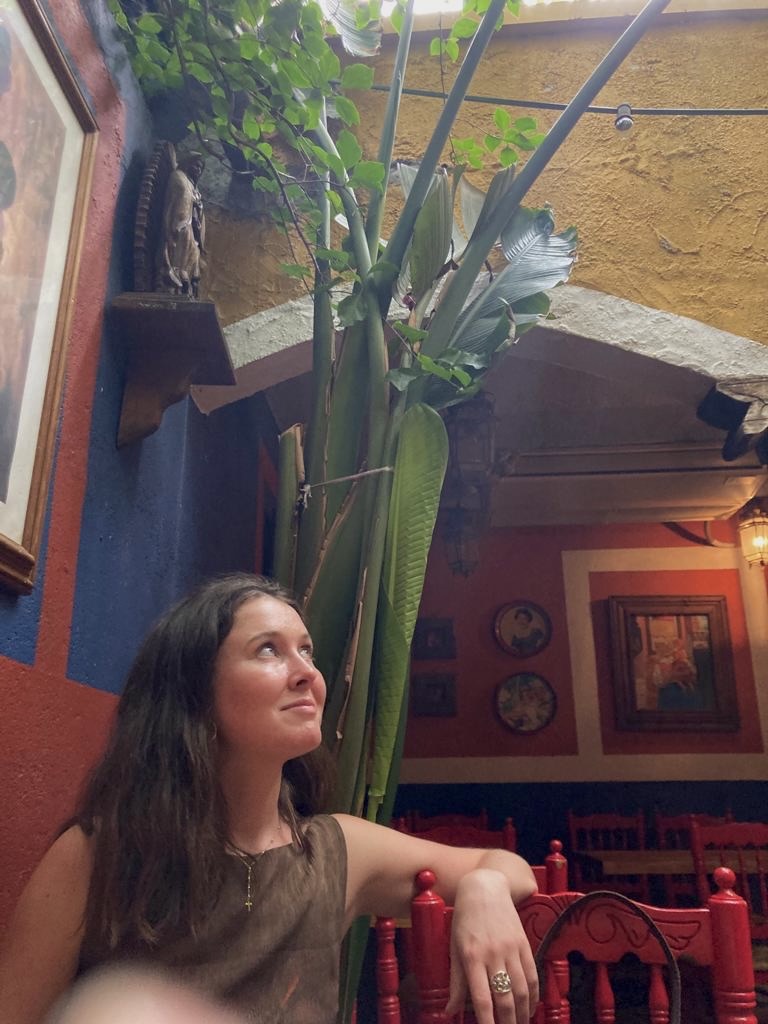


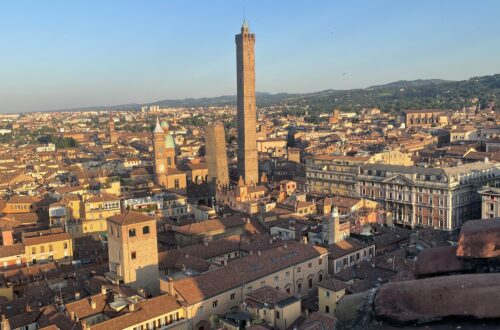
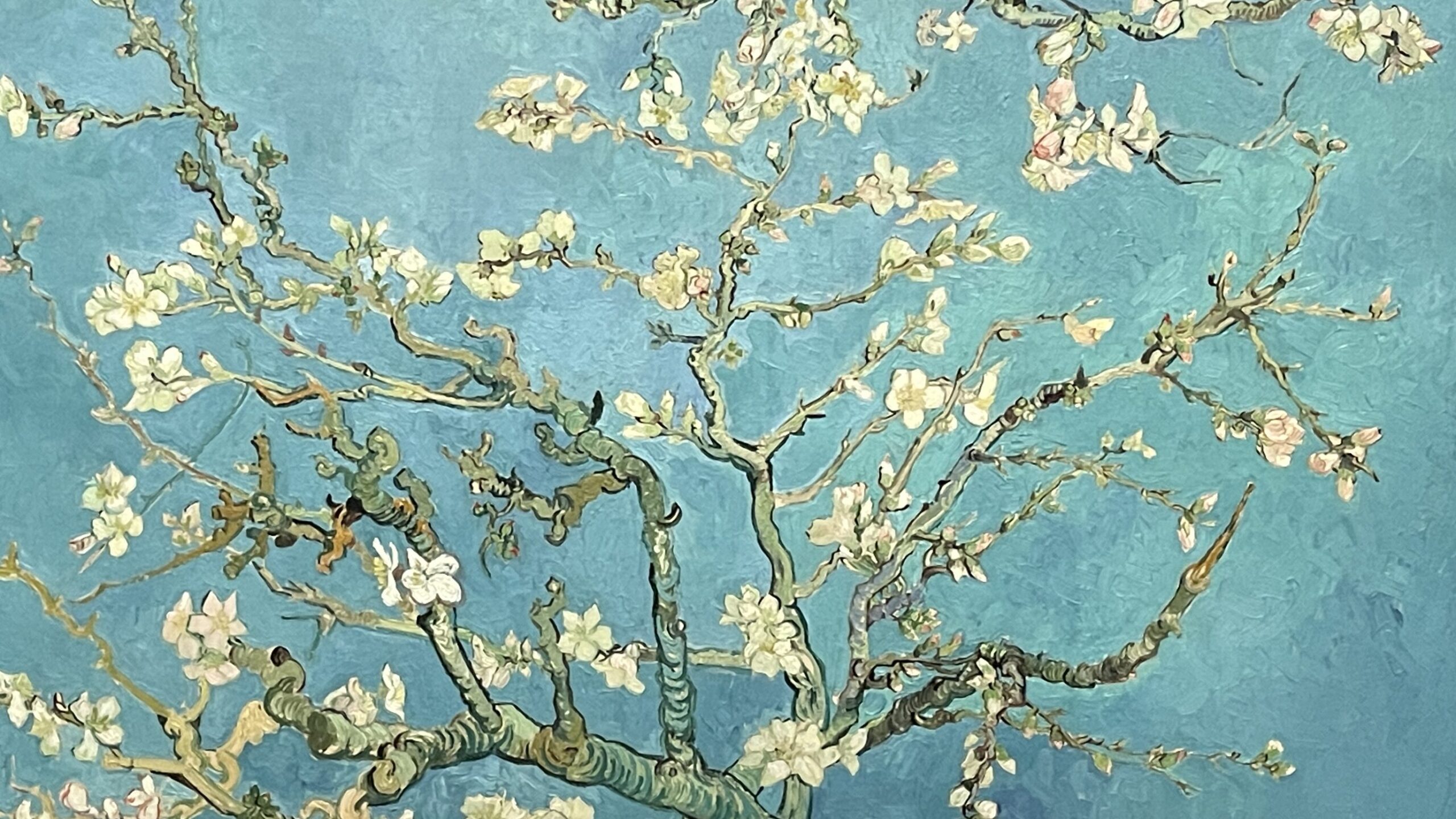
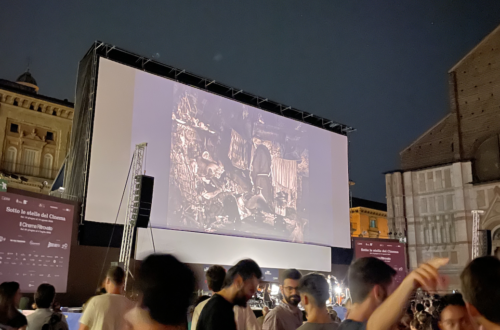
One Comment
Maria
Perfect culmination of poetic description of what being a flaneur is and the critical analysis of spatial planning